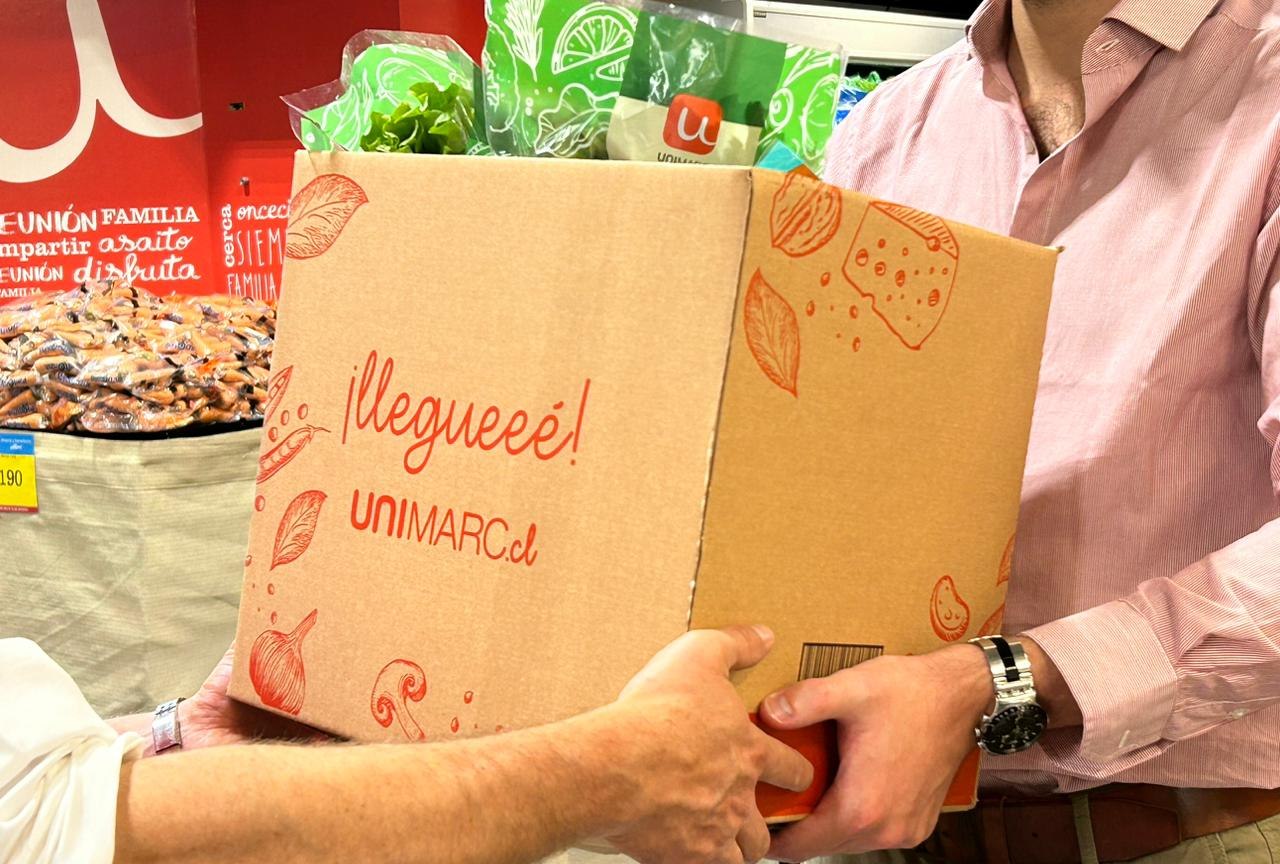- 2024-03-30
- SMU
Cero desechos: SMU's Strategy to Reduce Over 19 Thousand Tons of Food Waste

One of the fundamental pillars of SMU's sustainability strategy and its subsidiaries Unimarc, Alvi, Mayorista 10, and Super 10, is to promote responsible production and consumption practices that favor a circular economy and contribute to social well-being. In this regard, they adhere to the guidelines established by the United Nations, which commemorate March 30th as the International Zero Waste Day.
In this line, the supermarket chain has implemented a "No Desperdicio de Alimentos" program that, since 2021, has prevented 19,769 tons of food from being discarded. Within this program, two major initiatives stand out. One of them is "Pronto Consumo," which allows the sale of products that are close to their expiration date, with a discount of up to 50% to encourage their purchase and rescue.
Secondly, the company has the "Less Waste, More Awareness" program, an initiative through which foods that are not suitable for commercialization but are in perfect condition for consumption are donated to institutions and charitable foundations that can utilize them. Given its widespread presence nationwide, in 2023, over 173 thousand people benefited from these foods through 334 organizations located throughout the country.
Furthermore, products are delivered to various animal care and protection centers, contributing to the development and nutrition of various species. Finally, those foods that cannot be donated are used as raw materials for the production of new products by specialized companies. In this way, the company positively impacts and supports the development of the communities where it operates.
"Avoiding food waste is a global challenge, and for our company, it is a key objective, which is part of one of the strategic pillars of the company, and a comprehensive commitment for which we work with conviction throughout the country. We are very proud of what we have achieved. It is relevant to highlight that over 19 thousand tons of food have already been rescued since the implementation of these programs. That is why we want to continue enhancing initiatives and evaluating new avenues that allow us to mitigate the social, economic, and environmental impact that we produce," said Marcela Salas, Sustainability Manager at SMU.